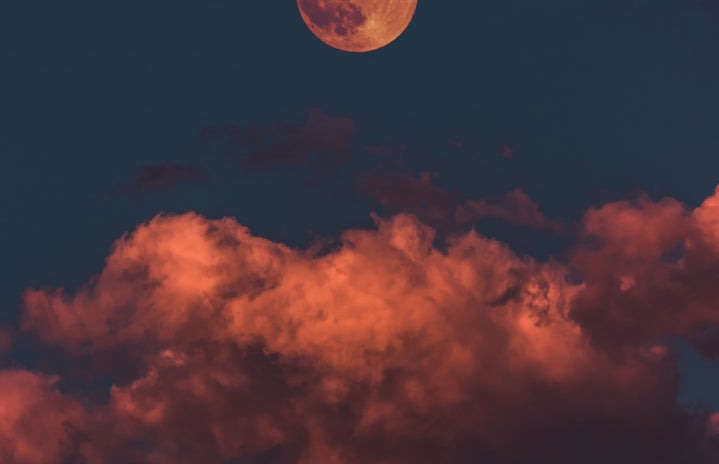If you have Muslim friends, are on social media, or have even taken a closer look at your calendar, you might have noticed that Ramadan is approaching. You’ve probably heard of Ramadan, and might even know the history behind it and understand the details regarding how Muslims celebrate the month. Whether you’ve received some education about Ramadan or not, there’s always more one can learn. In this article, we’ll go through some basic information and answer common questions. So, that being said, what is Ramadan?
Ramadan is a 29 to 30-day period of fasting (Sawm), prayer, charity, reflection, and repentance. It falls on the ninth month of the Islamic lunar calendar, which is why is moves back 10-11 days each year, and commemorates the first revelation of The Prophet Muhammad ﷺ, which was delivered by the angel Jibril (Gabriel) and served as the beginnings of what would become the Quran. Fasting during Ramadan is one of the Five Pillars of Islam, meaning that all Muslims who are able to fast must do so to fulfill the tenets of our faith. Those who are pregnant, breastfeeding, very young or old, women who are menstruating, or those who have any other type of illness are exempt from fasting. Often, those who can’t fast will find other ways of observing the month, such as consistently praying five times a day (Salah), volunteering or giving to charity, and abstaining from other vices, such as smoking, consuming Haram media, or any other habits that interfere with one’s faith.
Of course, the aspect of Ramadan that most non-Muslims are most familiar with is Sawm, or fasting. During Ramadan, those who fast will consume neither food nor drink (yes, even water) from sunrise to sunset. Traditionally, fasts will be broken after sunset and evening prayers with a date and a glass of water. This will be followed by Iftar, a family or communal meal that can feature, among other culturally relevant foods, some of the favorite foods of the Prophet ﷺ, such as barley, grapes, figs, honey, and others. In the early hours of the morning, the last meal before the fast begins, Suhoor, is had before the sun comes up.
Fasting is done for many reasons; to appreciate all that we are blessed with, to bring us closer to Allah, and to help us reflect on our shortcomings, ask forgiveness for our sins, and try to create habits that will make us better Muslims in the long term. Many Muslims look forward to the month of Ramadan, as the spiritual growth we feel during this time of consistent commitment towards strengthening our faith helps us feel grounded in our beliefs. The holiest night of our year, Laylat al-Qadr, also falls during Ramadan, and acknowledges the night when the first verses of the Quran were first revealed to the Prophet Muhammadﷺ.
You might be wondering how, even with the historical significance, the month can still be enjoyable. For many, it’s the culmination of experiences that come with Ramadan. Maybe someone becomes more consistent in their prayers, or makes time to go to the Mosque every Friday. Maybe Iftar gives a family a reason to make time to eat a meal together. Maybe it’s just the reminder that we are not alone in our faith, that there are more than two-billion others around the world who share in our belief system. Everyone’s reason may be different, but what is widely shared is our appreciation for the experience.
All that being said, Ramadan Karim to everyone who is celebrating, may this month bring the spiritual clarity and community connections that you need.

